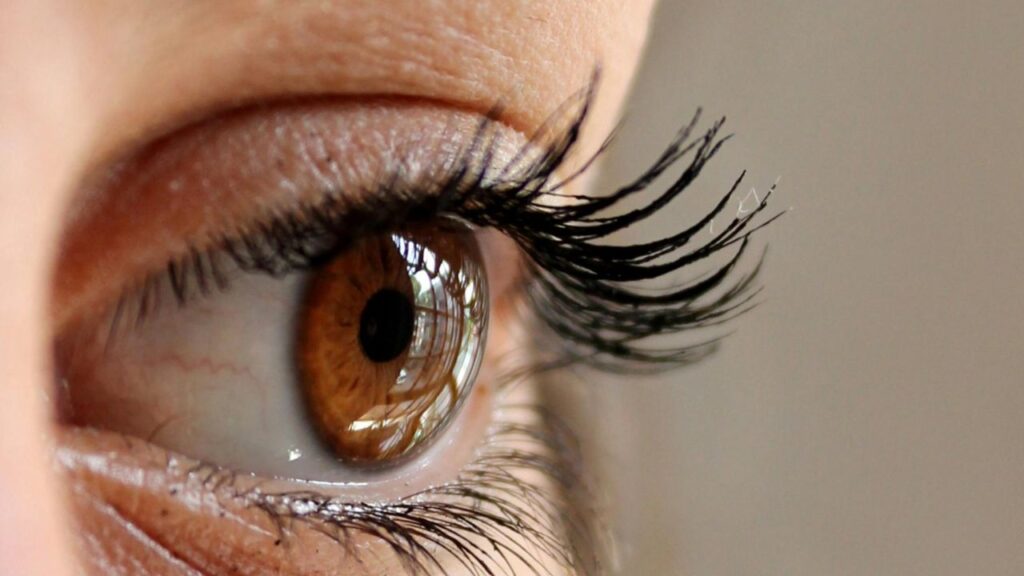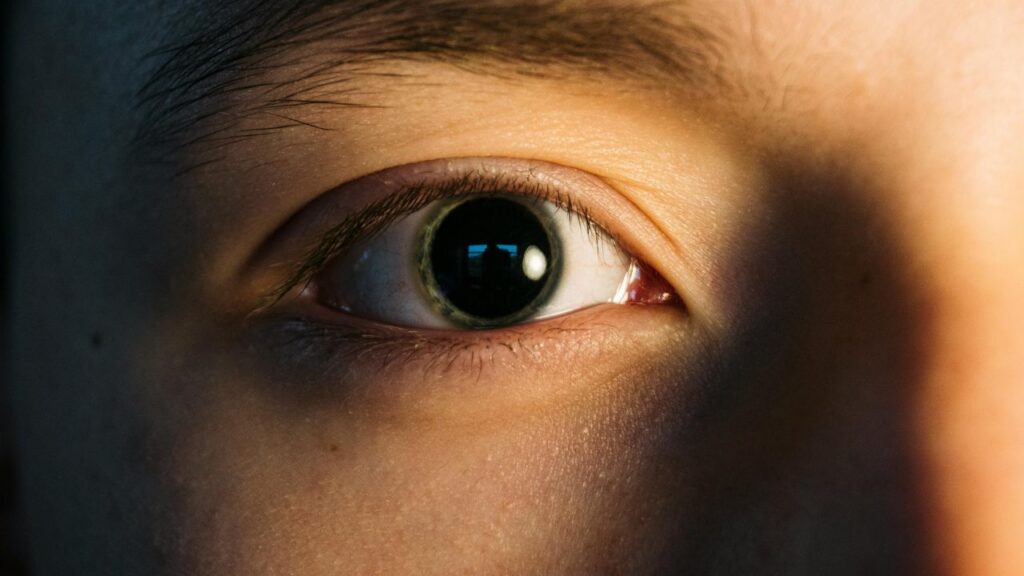Alcohol’s effects on the human body are complex and far-reaching, influencing everything from behavior to basic physiological functions. One notable but often overlooked sign of alcohol consumption is pupil dilation, a response that can provide important clues about intoxication levels and potential health risks.
The Science Behind Alcohol-Induced Pupil Changes
When alcohol enters the bloodstream, it begins to affect the central nervous system, particularly the autonomic nervous system that controls involuntary body functions. This system includes two main components: the sympathetic and parasympathetic nervous systems, both of which play crucial roles in controlling pupil size.
The sympathetic nervous system, responsible for “fight or flight” responses, typically causes pupil dilation. Alcohol disrupts this system’s normal functioning, leading to unusual pupil responses. Initially, alcohol can cause pupils to dilate (mydriasis) as it suppresses the activity of the parasympathetic nervous system, which normally constricts pupils.
Understanding the Progression of Pupillary Response
As blood alcohol concentration (BAC) increases, pupil response becomes increasingly abnormal. This delayed response can persist even after other obvious signs of intoxication have faded.
The progression typically follows this pattern:
- Mild intoxication: Slight pupil dilation
- Moderate intoxication: More pronounced dilation with slower response to light
- Severe intoxication: Significantly impaired pupillary response
- Dangerous levels: Extremely delayed or absent pupillary response
Associated Physical Signs and Symptoms
Pupil dilation rarely occurs in isolation during alcohol consumption. Other common associated symptoms include:
- Horizontal gaze nystagmus (involuntary eye movements)
- Reduced ability to track moving objects
- Impaired depth perception
- Decreased visual acuity
- Delayed reaction time
- Poor balance and coordination
Clinical Significance in Assessment and Treatment
At Swift River, our medical team utilizes pupillary response as part of our comprehensive assessment protocol. This evaluation helps determine:
- Current level of intoxication
- Potential withdrawal risk
- Overall nervous system function
- Treatment progress and recovery
The examination of pupil response, combined with other neurological indicators, allows our healthcare providers to develop more effective, personalized treatment plans.

Warning Signs and Medical Emergency Indicators
Certain pupillary responses can indicate dangerous levels of alcohol consumption requiring immediate medical attention. Seek emergency care if you observe:
- Pupils that remain extremely dilated or constricted
- Complete lack of pupillary response to light
- One pupil significantly larger than the other
- Accompanied by severe confusion or unconsciousness
The Role of Pupillary Response in Professional Assessment
Law enforcement officers and medical professionals rely on pupil examination as part of standardized field sobriety tests and clinical assessments. This objective measure helps:
- Determine level of impairment
- Assess potential medical complications
- Guide treatment decisions
- Monitor recovery progress
Long-term Health Implications
Chronic alcohol use can lead to permanent changes in pupillary response and overall visual function. Research from the National Institute on Alcohol Abuse and Alcoholism shows that long-term alcohol use can damage:
- Optic nerve function
- Visual processing centers in the brain
- Overall autonomic nervous system response
- Eye muscle coordination
Recognition and Recovery at Swift River
Our treatment program addresses both the immediate and long-term effects of alcohol use on the body’s systems. We utilize:
- Advanced medical monitoring
- Comprehensive neurological assessment
- Individualized treatment planning
- Evidence-based therapeutic approaches
Understanding physical indicators like pupil dilation helps individuals recognize problematic drinking patterns and seek appropriate help before severe complications develop.
The Importance of Professional Treatment
Alcohol use disorder affects multiple body systems and requires comprehensive professional treatment. Swift River’s program provides:
- Medical detox
- 24/7 medical monitoring
- Psychiatric support
- Individual and group therapy
- Long-term recovery planning
If you or someone you know is struggling with alcohol use, don’t wait for physical symptoms to worsen. Professional help is available now.
Contact Swift River today at 413-570-9698 to speak with our caring admissions team about our comprehensive alcohol treatment programs. Your path to recovery starts with understanding the signs and taking action.












